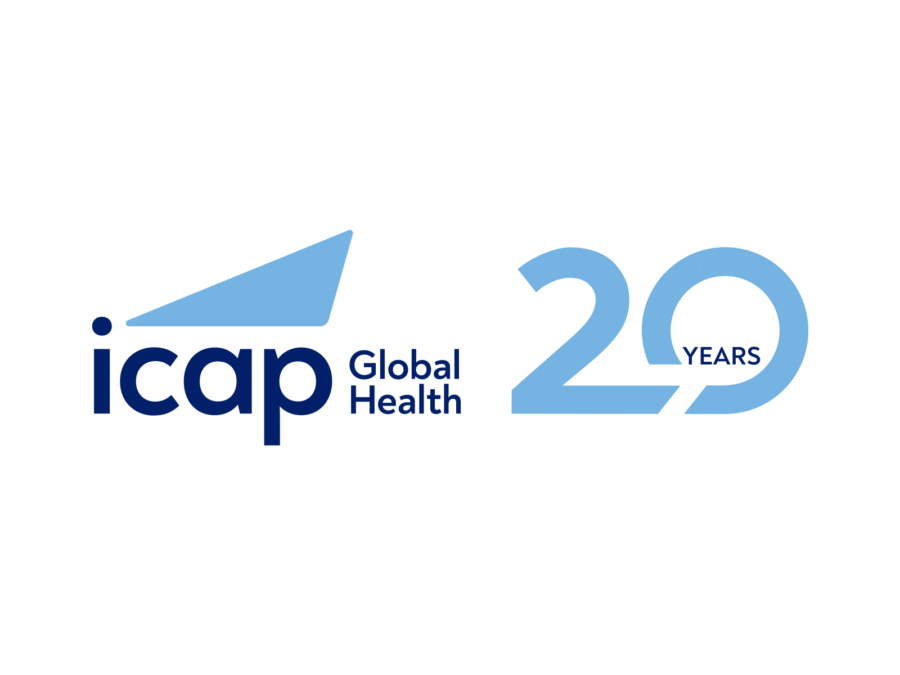Mental health issues such as depression, anxiety, substance abuse, and psychosis are more than twice as common among people living with HIV than in patients with other chronic conditions, such as diabetes. [1] This is due to several factors: HIV/AIDS and related opportunistic infections can affect the brain and nervous system, leading to mental and behavioral disturbances; the stresses of living with HIV/AIDS can cause or exacerbate mental health problems; and some antiretroviral drugs can have mental, behavioral, or neurological side effects. In addition to diminishing overall quality of life, mental health issues in people living with HIV can negatively impact retention in care and adherence to antiretroviral therapy (ART).
In Ethiopia, a 2013 study conducted at an HIV care and treatment facility found that 39 percent of clients suffered from depression. To begin to craft a strategy to improve the mental health services available to people living with HIV in Ethiopia, ICAP conducted a needs assessment in 2015 at five high client-load hospitals where ICAP supports HIV care and treatment services, located in Afar, Benishangul-Gumuz, Gambela, and Ethiopian Somali regions. The needs assessment focused on determining the availability of mental health services and the level of integration existing between mental health and HIV services.
Based on the findings, which revealed that no mental health screening or management services were being offered in HIV clinics and a general lack of coordination between HIVand psychiatric clinics, ICAP worked with Ethiopia’s Federal Ministry of Health, CDC, and the Network of Networks of HIV Positives in Ethiopia (NEP+) to develop a new, integrated model of mental health care for people living with HIV. Under the new model, nurses and clinicians identify patients with symptoms of mental disorders and link them to trained adherence case managers. The adherence case managers screen clients, provide counseling, and—as needed—escort them directly to the psychiatric clinic. The case managers serve as an ongoing link between the psychiatric and ART clinics, facilitating communication, documentation, and follow-up.
To prepare for the new, integrated model of care, ICAP worked with the Federal Ministry of Health and key stakeholders to develop a mental health integration training curriculum and the necessary screening, monitoring, and evaluation tools. ICAP then conducted a five-day training with 26 adherence case managers and a one-day training with 17 health workers at the five hospitals, including psychiatric nurses and ART nurses and physicians.
“HIV positive patients enrolled in care and treatment are now being routinely screened for mental illnesses and counseled by trained adherence case managers. Those who screen positive are immediately escorted to the psychiatric clinic for treatment,” explains Woinishet Solomon, adherence case manager at Karamara Hospital.
Since August 2015, 453 HIV-positive clients at the five hospitals have been screened for mental health illness by adherence case managers. Of these, 175 (39%) exhibited symptoms of mental illness and were linked to psychiatric care. Ninety percent of the patients linked to psychiatric clinics went on to receive psychiatric medical treatment.
The new model of care is helping to ensure that clients receive the mental health services they need to consistently adhere to treatment. “I have been on ART for more than one year,” explains one client at a participating health facility. “Despite the adherence counseling, I was not adhering to care and treatment. I was screened and started treatment for depression and suicidal thoughts. At present, I am attending my appointments and taking my medications regularly. I feel healthier now.”
Based on the success implementing this new model of care in four of Ethiopia’s regions, ICAP and the Federal Ministry of Health are now working with Regional Health Bureaus to scale it up in all HIV clinics across the country. “Integrating mental health and HIV services fills an important gap,” says Dr. Zenebe Melaku, ICAP country director in Ethiopia. “Patients are receiving better mental health care and we expect to see adherence to treatment and retention in care increase as a result.”








